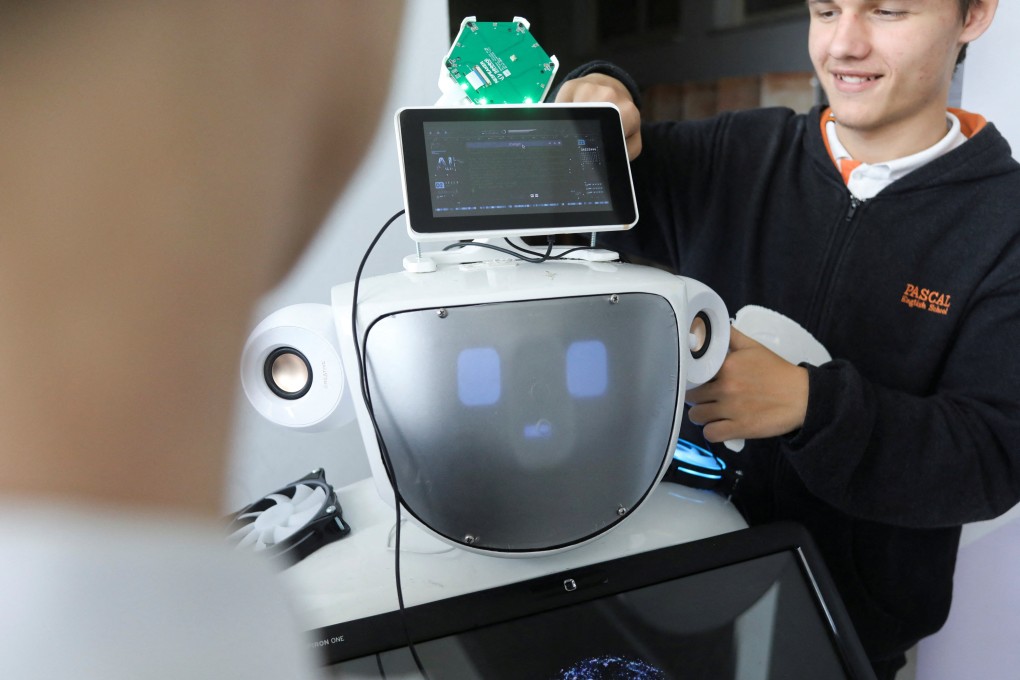Advertisement
Opinion | Amid the rise of AI, lean on empathy and update education to keep humans’ edge
- AI has the potential to replace large portions of the workforce, but even if it does, the need for some human qualities, such as empathy, will only become more acute
- In the education sector, AI can help both teachers and students, but it is important to promote digital literacy and cultivate geospatial skills in the next generation
Reading Time:3 minutes
Why you can trust SCMP

A recent study from OpenAI and the University of Pennsylvania found that OpenAI’s latest language-processing model GPT-4 could most affect educated, white-collar workers earning around US$80,000 a year in the US workforce, including financial analysts, accountants and writers.
Advertisement
No wonder parents around the world are pessimistic about the next generation’s financial future. A 2022 survey by the Pew Research Centre found that a median of 70 per cent of adults across 19 countries – including Japan, Australia, the United Kingdom and the United States – said they thought the next generation would earn less than their parents.
If advanced technologies one day replace a large portion of our current jobs, though, the need for human-robot collaboration and some human qualities will be even more acute. These qualities include spatial intelligence and empathy.
The World Economic Forum’s The Future of Jobs Report 2020 predicts that as many as 97 million new jobs could emerge in the coming years, requiring a new division of labour between humans and artificial intelligence machines. The latter will focus on information processing, and administrative and manual tasks, while humans cover management, decision-making, communication and interpersonal and human-computer interaction.
Therefore, we need to promote digital literacy. Hong Kong’s Education Bureau is following this trend by launching AI modules this year at the junior secondary level. This is on the right track, but I wonder how effective it can be with just four hours of study a year in a busy academic curriculum.
Advertisement
Applying AI to school life can enrich the learning experience. For example, AI could automate teachers’ routine tasks, answer questions frequently asked by students and even grade routine assignments so teachers can concentrate on identifying signs of early disengagement in students.

Advertisement
